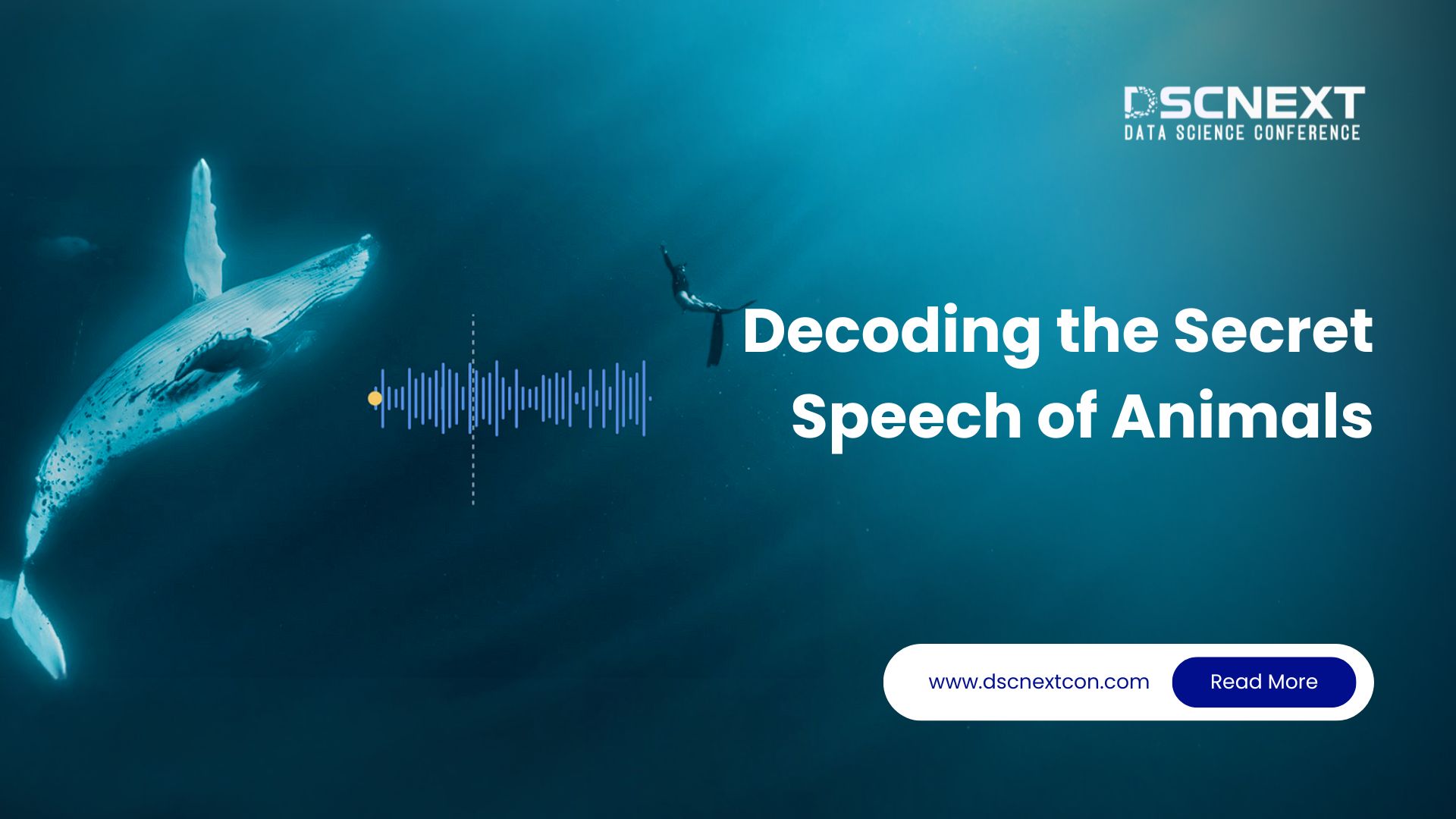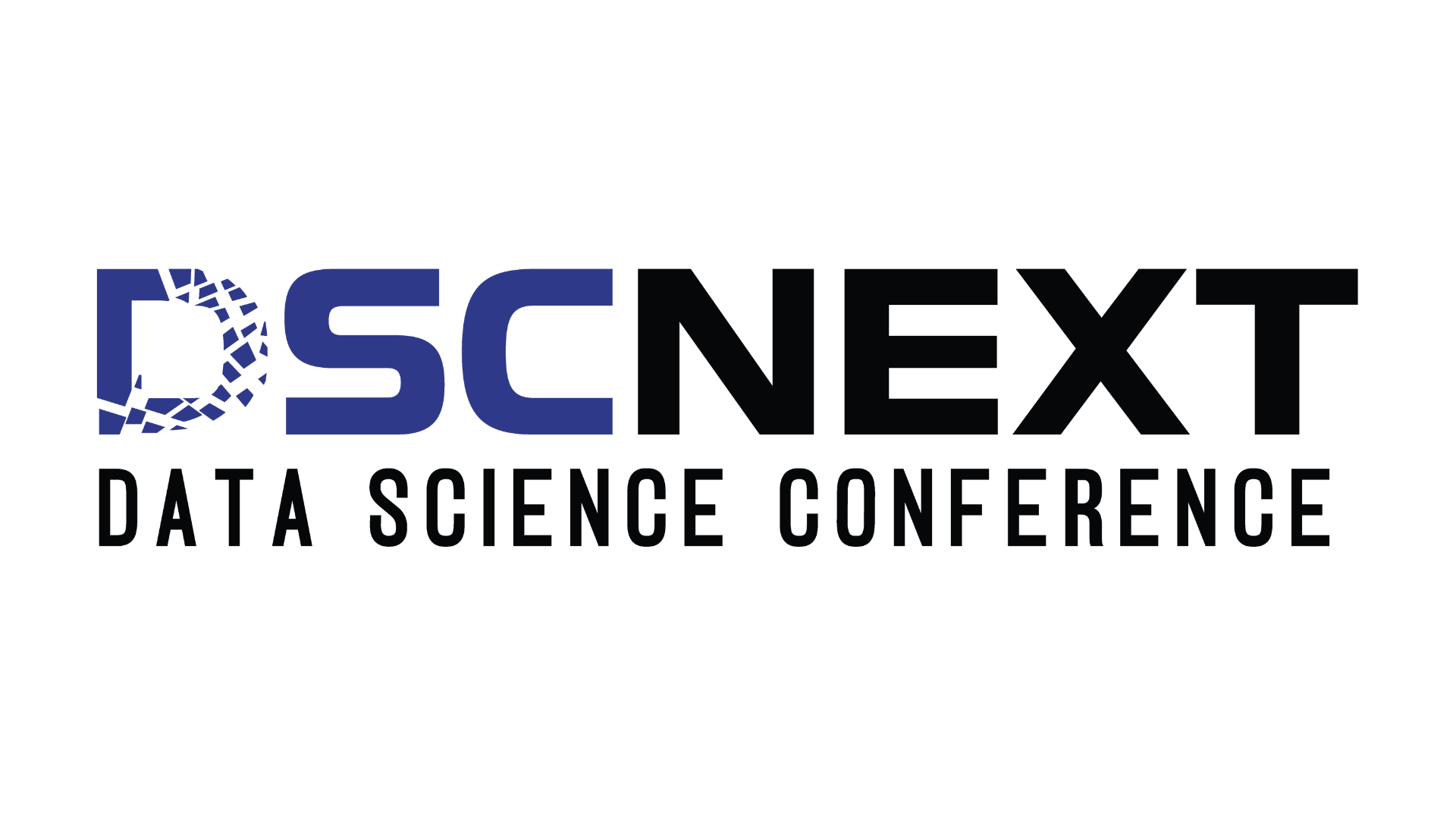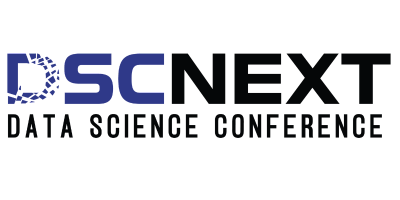
What if we could finally talk to animals—and they talked back? Around the world, researchers are racing to make that dream a reality, powered by advances in generative AI. With millions of hours of animal vocalizations now being fed into large language models, scientists are beginning to uncover the hidden rules and rhythms behind non-human communication.
At the heart of this movement is a growing belief: that animal “languages” may be more structured—and more meaningful—than we ever imagined. Projects like CETI are working to decode the rapid clicks of sperm whales, while AI tools are being trained on decades of dolphin recordings. Even Google recently unveiled an experimental model called DolphinGemma, offering new hope that interspecies understanding is within reach.
And with a $10 million prize announced for the first team to achieve true two-way communication using AI, the stakes are no longer just scientific—they’re historic.
Sperm Whales: A Click-Based “Language”?
Project CETI (Cetacean Translation Initiative) is using AI to decode the click patterns—known as “codas”—produced by sperm whales. These codas are not random: AI analysis reveals they contain structured elements like rhythm, tempo, and even ornamentation, similar to human phonetics.
Researchers have already catalogued over 150 distinct codas and are beginning to detect combinations and contextual variations. This suggests that whales may use a kind of phonetic alphabet. MIT’s CSAIL team is now helping CETI develop tools for real-time decoding and potentially two-way communication.
Dogs: Understanding Barks with AI
At the University of Michigan, AI models are being retrained to decode dog vocalizations. Originally designed for human speech, these models now analyze barks to identify emotions like stress, excitement, or aggression. They can even detect characteristics such as breed, sex, and age with nearly 70% accuracy.
Researchers aim to develop tools that could allow pet owners, vets, and trainers to better interpret their dog’s needs—offering a potential breakthrough in human-animal relationships.
Why It Matters
Conservation impact: Understanding whale communication could help detect stress caused by ship noise or climate change, informing marine protection policies.
Pet care innovation: AI tools could help identify early signs of illness or anxiety in domestic animals.
Ethical questions: As AI bridges species, it raises questions about consent, responsibility, and how we treat intelligent non-human life.
Scientific progress: These projects merge machine learning, bioacoustics, linguistics, and animal behavior science—pushing the boundaries of interspecies communication.
What’s Next: DSC Next 2026
The upcoming DSC Next 2026 will spotlight the latest breakthroughs in how AI is reshaping scientific research across disciplines. From decoding animal communication to advancing data ethics, the event will bring together researchers, technologists, and thought leaders to explore the power of intelligent systems in understanding the world around us.
Key focus areas include:
AI-powered tools for studying non-human communication
Applications of machine learning in conservation and biology
Ethical considerations in AI-driven research
Next-generation language models and cross-domain applications
DSC Next 2026 is set to launch collaborative platforms, showcase open-source innovations, and provide a roadmap for applying AI responsibly in complex, real-world environments.
References
Using AI to decode dog vocalizations – University of Michigan
MIT CSAIL whale language research

